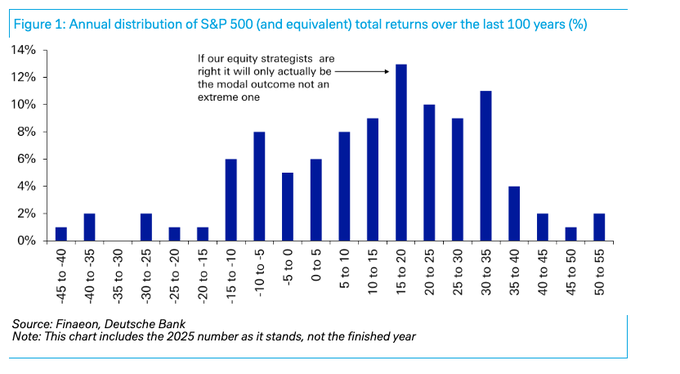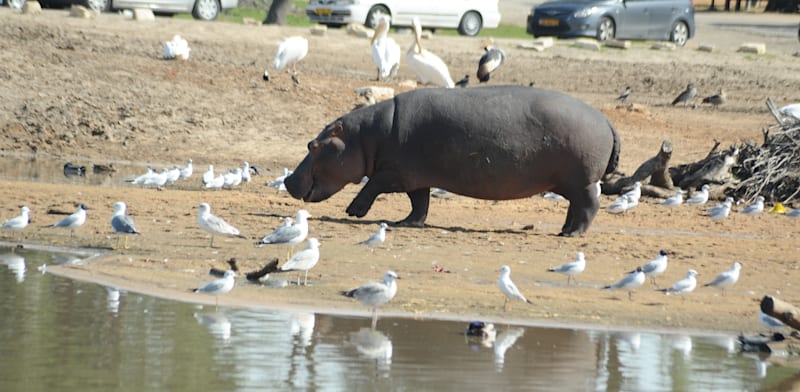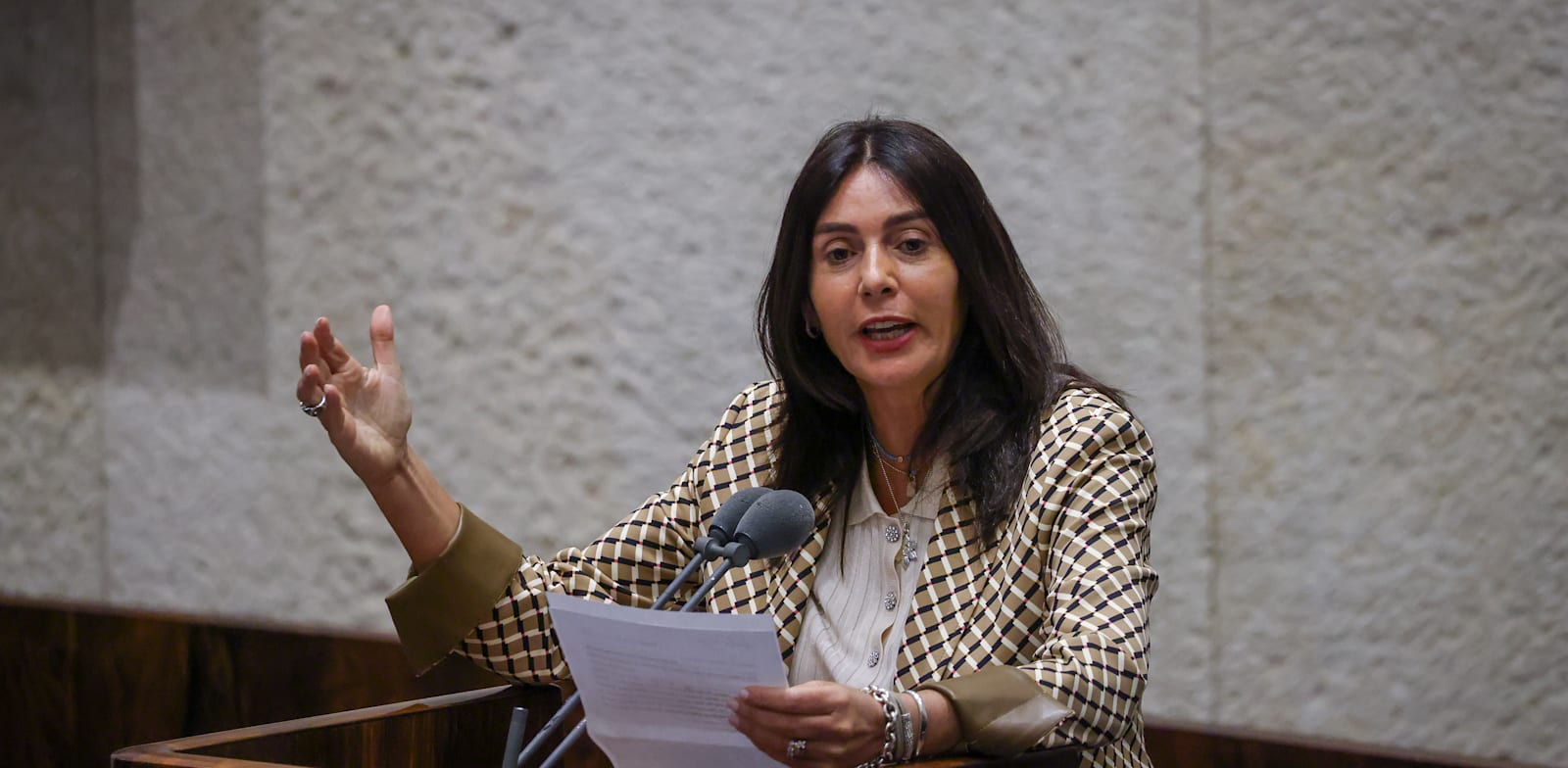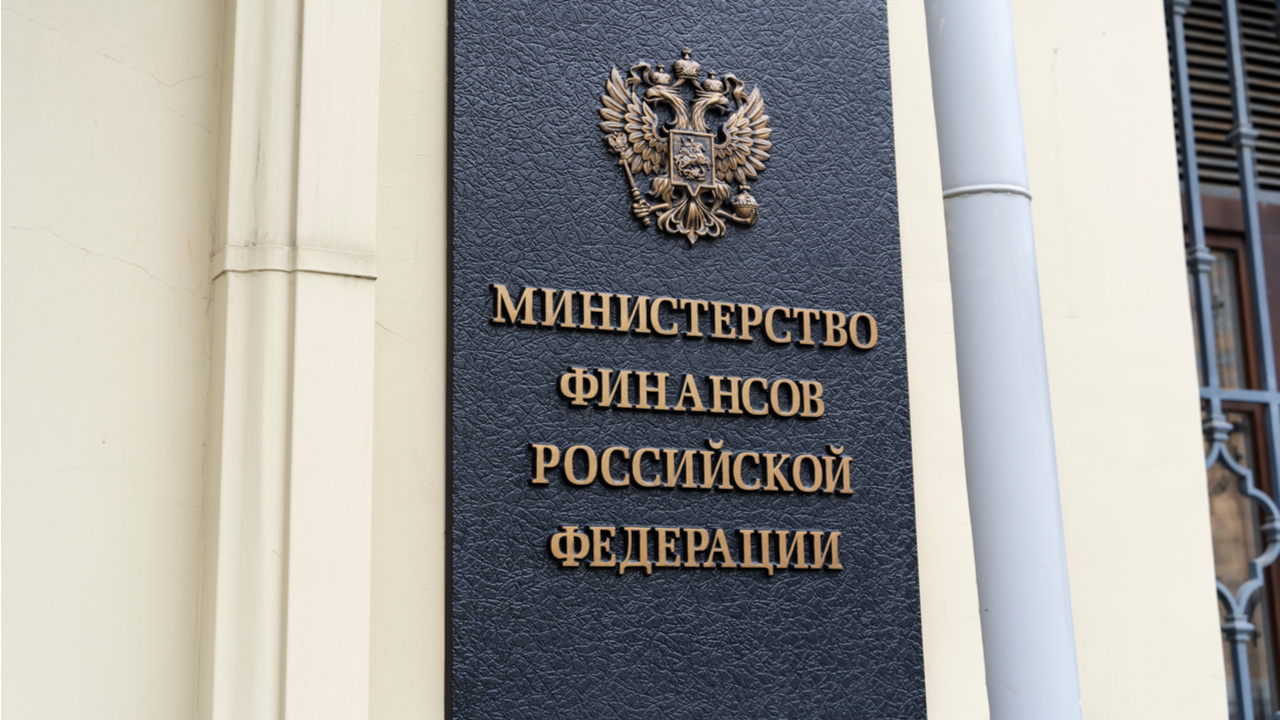The Israel-Lebanon maritime border agreement was approved by the Israeli cabinet five days before the elections, even though a final agreement had yet to be signed with French energy major TotalEnergies for the southern part of the Sidon-Qana offshore gas field, which extends into Israel’s economic waters.
According to government promises, the basic agreement was supposed to be concluded before the Israel-Lebanon maritime border agreement was approved, so that ministers would have full information before voting on the deal. But it now appears that representatives from Israel’s Ministry of National Infrastructures, Energy and Water Resources and the Ministry of Finance’s Accountant General office, who have been part of the talks, had reached agreement with TotalEnergies, which has 40% of the rights to develop the field and another 20% in trust. However, its Italian partner Eni, which holds 40% of the field and a veto, has still not given its consent to the Israel-Lebanon agreement.
Sources close to the matter have told “Globes” that TotalEnergies had promised to obtain the agreement of Eni but had not done so before the Israeli cabinet meeting and has still yet to do so. The unsigned agreement was presented to Israel’s ministers with the consent of TotalEnergies. Two of the ministers told “Globes” that the agreement was presented but they were given the impression that only a formal approval by the Italian company was necessary for the final signature.
“Eni was disappointed to be left outside of the talks”
A senior international source in the energy sector says that it is likely that Eni will give its consent, but it is also clear that the company was not satisfied that it was left out of the picture – due to the deep involvement of French President Emmanuel Macron in the negotiations on the Israel-Lebanon maritime border agreement. “It is possible that there will be a need for political involvement with the Italian government, which owns a third of Eni,” the source believes.
A basic agreement is required for providing compensation to Israel from the production revenues from the Sidon-Qana field, 17% of which is in Israel’s economic waters. However, setting the amount of compensation will be derived from the amount of gas that will be found on the Israeli side. The energy companies will present a detailed analysis of the field after the exploration drilling, including the distribution of the quantities. The formula for calculating the price for the amount of gas was postponed until the final agreement, which should be signed, after it becomes clear whether there is a volume of gas that is worth producing.
As reported by “Globes” at the end of last month, according to the estimates and data analysis of the geological survey in the Sidon-Qana field contains 100 BCM (billion cubic meters), which should make it very profitable – double the amount of gas contained in Israel’s Karish field to the south.
Ministry of Energy: We have a strong bargaining position
RELATED ARTICLES
Sidon-Qana gas field could contain 100 BCM
Israel and Lebanon sign maritime border pact
One of the possible problems arises from the fact that Lebanon is not part of the agreement between Israel and TotalEnergies, even though most of the idon-Qana field is in its economic waters. In the negotiations, there was concern that Lebanon might impose conditions and high tax or royalty requirements on the gas production companies, which might reduce the Israeli share. The Ministry of National Infrastructures, Energy and Water Resources says that Israel’s bargaining position is strong, since the start of production from Sidon-Qana is subject to reaching the detailed compensation agreement between Israel and TotalEnergies and – ENI.
At the same time, the Ministry of National Infrastructures, Energy and Water Resources has hired the services of a US law firm specializing in agreements like this. The US law firm has been hired because US law is applicable to the economic clauses of the agreement. Initially, TotalEnergies demanded that French law be the determining factor, but Israel refused.
Published by Globes, Israel business news – en.globes.co.il – on November 7, 2022.
© Copyright of Globes Publisher Itonut (1983) Ltd., 2022.
















